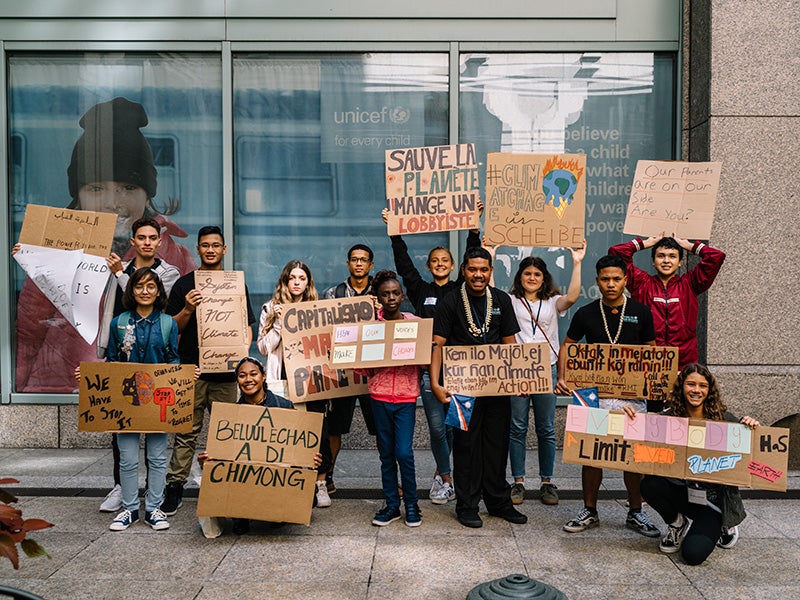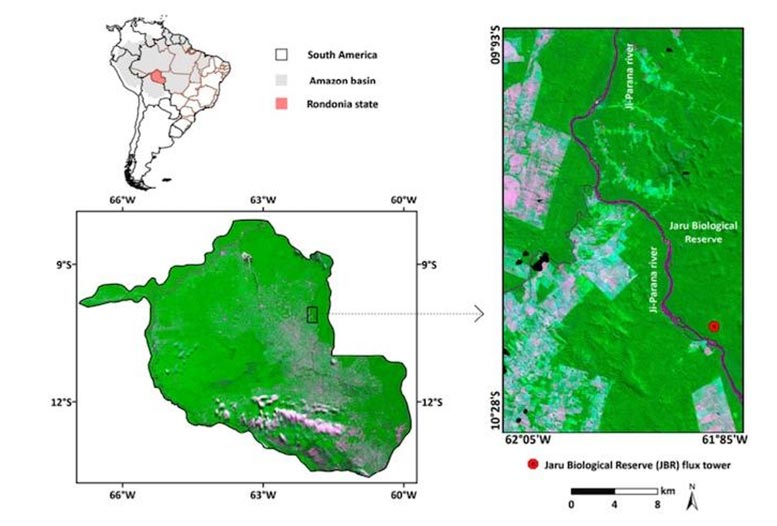Posted by jembendell on October 5, 2019
It is easy to pick holes in it. We can question tactics, timing, scope or messaging. But climate activism works. Over the past year, non-violent activism has increased awareness of climate change, so that many politicians now refer to it as the emergency that it is. Yet within a toxic economic system that requires us to borrow and grow forever, and a toxic media system that misleads us about what to blame and whom to hate, it isn’t surprising that rising awareness has not delivered change in our environmental impact. Nor has it triggered inquiry into why we got into this mess and how we might prepare as the climate gets worse for human habitation.
It is why we go again. This month, the non-violent civil disobedience campaign to demand government action on the climate and ecological emergency is calling on #EverybodyNow to take to the streets.

Some commentators in the UK, where the movement began, are asking whether now is the right time for disruptive tactics. But Extinction Rebellion has become a global movement that is rising again this month. It started in London, and Brits are playing a key role in waking up humanity, so can’t step down because of the current performance of our government. Our climate isn’t waiting for Brexit – or any political squabble. Whether wanting to leave or remain in the EU, all Britons want to eat well. After the rise of climate activism in 2019, British MPs admitted the country faces a food security crisis. Extreme weather has been damaging both domestic and foreign food production and increasing the risks that simultaneous crop failures in key exporting countries could make prices shoot up to unprecedented levels.
Extreme rainfall is another sign of the destabilising climate, with 150 flood alerts issued for the UK for the weekend before the #InternationalRebellion. More scientists are admitting publicly that they have been too cautious, partly because they were seeking to be relevant to mainstream policy makers. Climatologist Dr Wolfgang Knorr explains that such scientists should be the first to admit failure, recognise how scientists norms of communication have been counter-productive – and consider direct action to promote social and political change.
Continue reading at: https://jembendell.com/2019/10/05/nature-doesnt-do-deals-why-we-rise-on-climate/
It is easy to pick holes in it. We can question tactics, timing, scope or messaging. But climate activism works. Over the past year, non-violent activism has increased awareness of climate change, so that many politicians now refer to it as the emergency that it is. Yet within a toxic economic system that requires us to borrow and grow forever, and a toxic media system that misleads us about what to blame and whom to hate, it isn’t surprising that rising awareness has not delivered change in our environmental impact. Nor has it triggered inquiry into why we got into this mess and how we might prepare as the climate gets worse for human habitation.
It is why we go again. This month, the non-violent civil disobedience campaign to demand government action on the climate and ecological emergency is calling on #EverybodyNow to take to the streets.

Some commentators in the UK, where the movement began, are asking whether now is the right time for disruptive tactics. But Extinction Rebellion has become a global movement that is rising again this month. It started in London, and Brits are playing a key role in waking up humanity, so can’t step down because of the current performance of our government. Our climate isn’t waiting for Brexit – or any political squabble. Whether wanting to leave or remain in the EU, all Britons want to eat well. After the rise of climate activism in 2019, British MPs admitted the country faces a food security crisis. Extreme weather has been damaging both domestic and foreign food production and increasing the risks that simultaneous crop failures in key exporting countries could make prices shoot up to unprecedented levels.
Extreme rainfall is another sign of the destabilising climate, with 150 flood alerts issued for the UK for the weekend before the #InternationalRebellion. More scientists are admitting publicly that they have been too cautious, partly because they were seeking to be relevant to mainstream policy makers. Climatologist Dr Wolfgang Knorr explains that such scientists should be the first to admit failure, recognise how scientists norms of communication have been counter-productive – and consider direct action to promote social and political change.
Continue reading at: https://jembendell.com/2019/10/05/nature-doesnt-do-deals-why-we-rise-on-climate/




